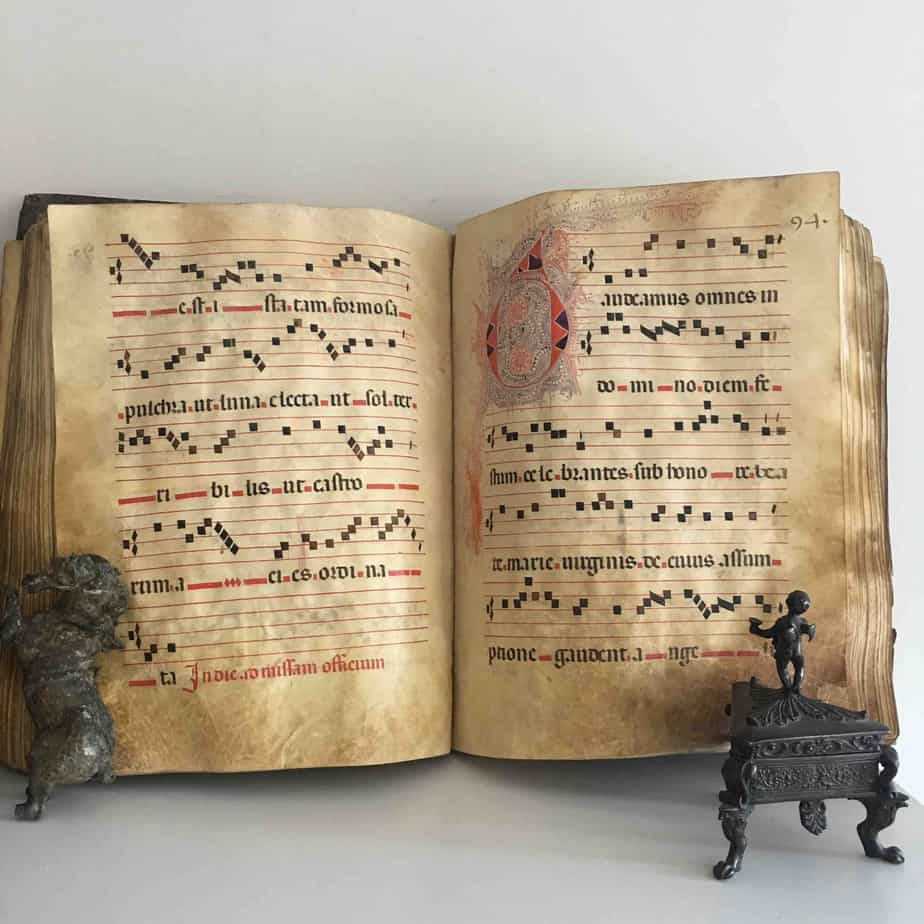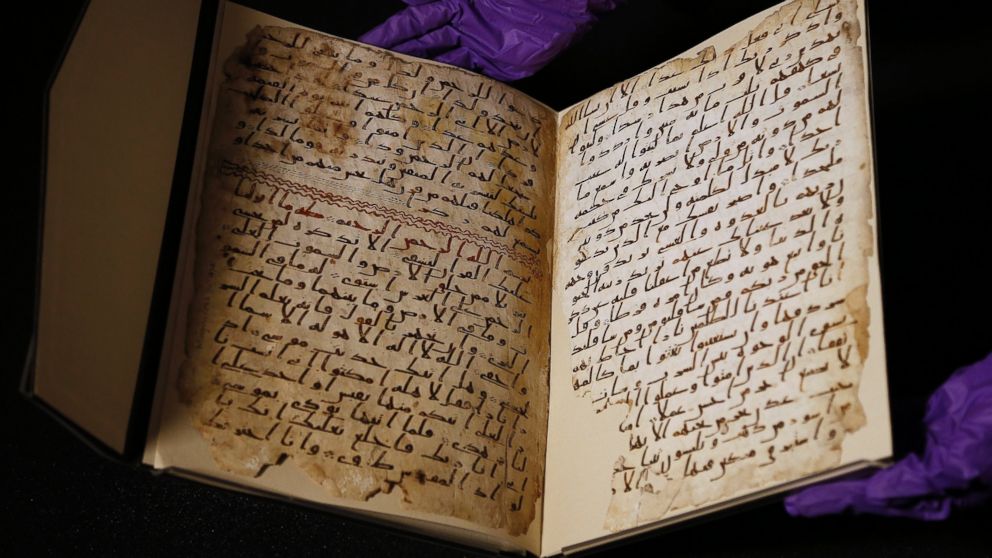
This factor, along with the perishable surfaces of the documents, makes it nearly impossible for an original text to have survived.ģ. Over this long period of time, manuscripts can become lost or worn out through constant usage. The first books of Scripture, the writings of Moses, were composed about thirty four hundred and fifty years ago. The last written book of the Bible was composed some nineteen hundred years ago. The Books Were Written Thousands of Years Ago Because most of the biblical text was originally written upon perishable material, we should not expect the autographs (originals) to last.Ģ. Only under the most ideal conditions can we expect this type of material to survive. Surfaces such as papyri and parchment (animal skins) were not as durable as stone tablets. The first reason we do not possess any of the originals of the biblical books concerns the materials upon which they were written.

The Books Were Written upon Perishable Materials There are several reasons why this is so. This is true for the originals of almost all other ancient writings as well. The original manuscripts in which the books of the Bible were written have been lost. The latter was employed as a cataloguer at the John Rylands Library from 1915 onwards, later transferring his services (and at least ten manuscripts illicitly) to Selly Oak College in Birmingham.Why Don’t We Possess Any of the Original Manuscripts of the Books of the Bible? The remainder came from the scholar-collectors James Rendel Harris (1852-1941) and Alphonse Mingana (1878-1937). Manuscripts numbered 1 to 6 derive from the Bibliotheca Lindesiana of the earls of Crawford, the manuscript portion of which Enriqueta Rylands purchased in 1901. Other important Syriac manuscripts not yet digitised include a 6th-century Four Gospels in the Peshitta version, said to have belonged to the Monastery of Mar Zakkai (Syriac MS 1) a 12th-century New Testament, including Revelation and minor catholic epistles, and the Passion story excerpted from the Gospels of Thomas of Harqel (Syriac MS 2) Apocryphal books of the Old Testament in East Syriac script, 15th-17th centuries (Syriac MS 3) the Odes and Psalms of Solomon, 15th-17th centuries (Syriac MS 9) and the New Testament Acts and Epistles in the Peshitta version, 9th-11th centuries (Syriac MS 15). The selected works available in this digital collection include a manuscript of the Peshitta Old Testament copied in China ( Syriac MS 4) works by Bar Hebraus ( Syriac MS 16 and Syriac MS 44) books of hymns ( Syriac MS 6 and Syriac MS 24) and an illustrated compendium of amulets ( Syriac MS 52). Some items are extremely important for their rarity or age. 48 items are in West Syrian dialect, the remainder in East Syrian and Melkite some include Karshuni (Arabic language in Syriac script).

Amongst the secular works are grammars, dictionaries, writings on natural history, philosophy, astrology and the occult.

The former include Old and New Testaments, Bible commentaries, lectionaries, psalters, collections of hymns, prayers, amulets or charms, and liturgical books.

Both sacred and secular texts are represented. The Syriac manuscript collection in the John Rylands Library comprises some seventy manuscripts and manuscript fragments dating from the 6th century CE to the early 20th.


 0 kommentar(er)
0 kommentar(er)
